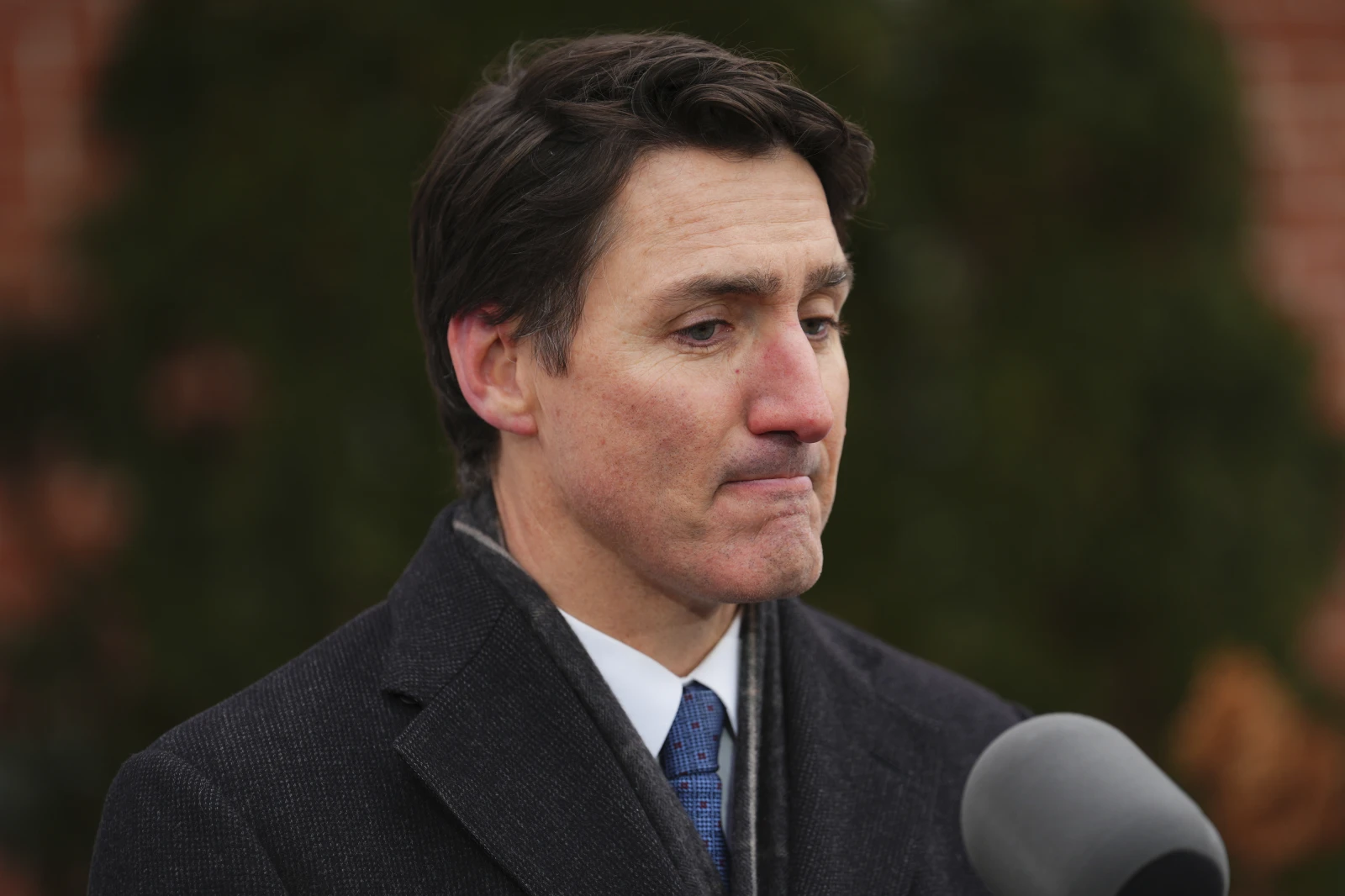|
Getting your Trinity Audio player ready...
|
Canadian Prime Minister Justin Trudeau has announced his resignation after nearly a decade in office. The announcement was made on Monday, January 6, 2025, during a news conference held outside his residence at Rideau Cottage in Ottawa.
Trudeau cited “internal battles” within the Liberal Party and increasing calls for him to step down as the primary reasons for his resignation. Dwindling public support and unfavorable polling forecasts also contributed to his decision.
Trudeau will remain in office until the Liberal Party selects a successor. To ensure a thorough and competitive leadership election, the parliamentary session initially scheduled for January 27 will be postponed until March 24.
Having led the Liberal Party since 2013 and serving as Prime Minister since 2015, Trudeau acknowledged that he could no longer lead the party into the next election. His resignation follows a period marked by political instability and economic concerns in Canada, including rising living costs and debates over government spending.
Trudeau’s popularity has declined in recent years, leading to significant public dissatisfaction and a series of alarming polls predicting a potential defeat to the Conservative Party, led by Pierre Poilievre, in the upcoming election. The recent resignation of Finance Minister Chrystia Freeland, who publicly criticized Trudeau’s economic policies, further deepened tensions within the party.
The political situation in Canada has been further complicated by external pressures, such as threats from U.S. President-elect Donald Trump to impose substantial tariffs on Canadian goods if certain border issues are not addressed. Despite these challenges, Trudeau reaffirmed his commitment to Canada’s welfare and expressed optimism for a rejuvenated leadership to guide the country through its current challenges and opportunities.




